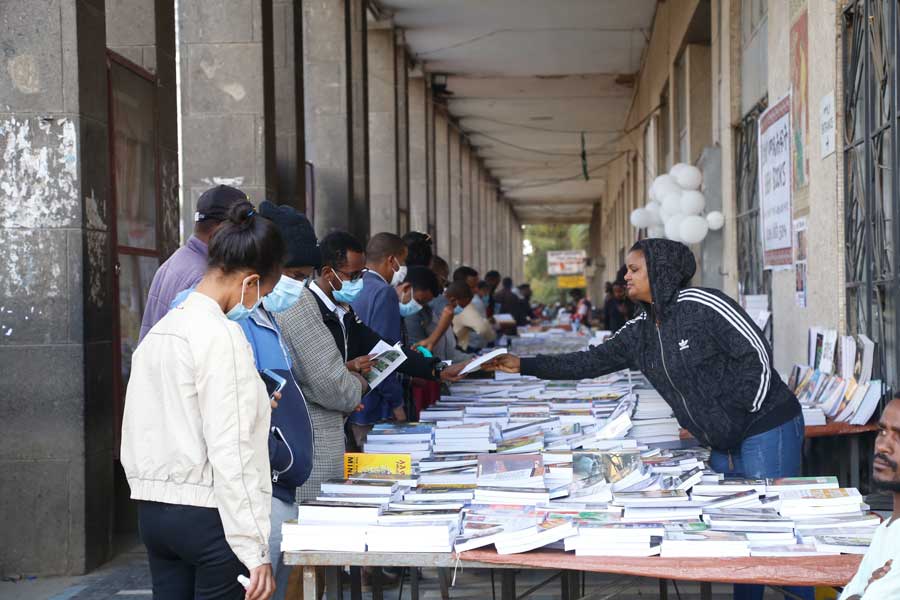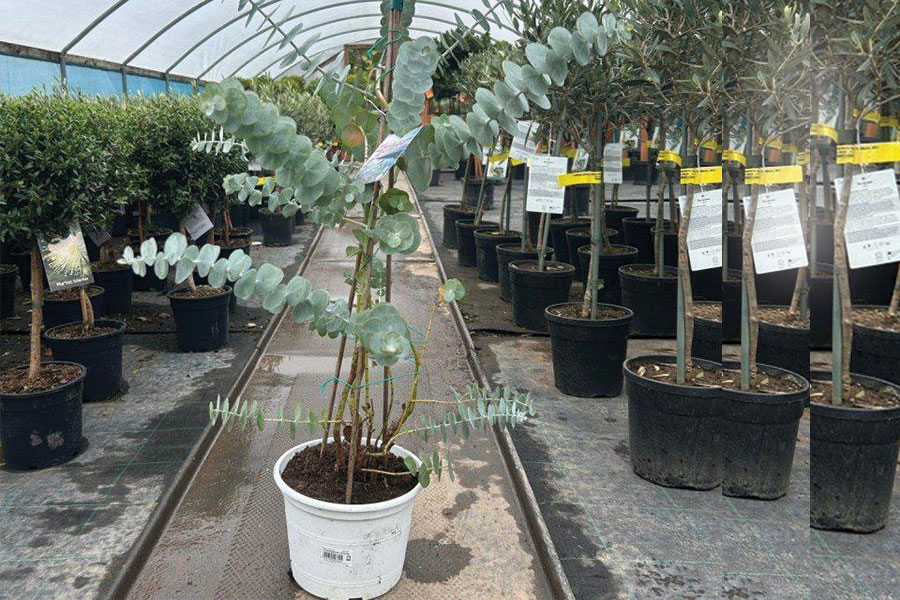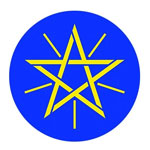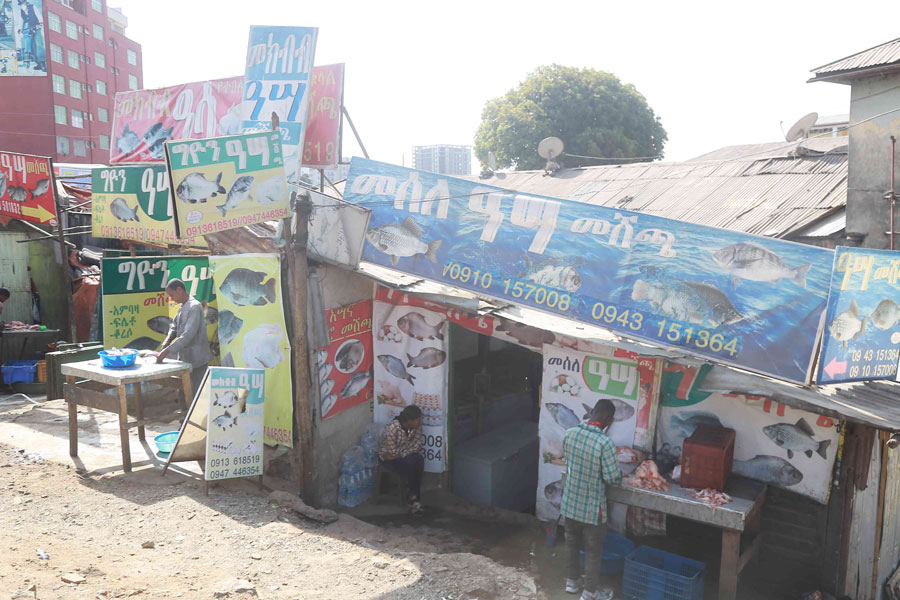
Radar | Nov 29,2020
A new performance report shows that Ethiopia’s gold, which has surpassed coffee as the top exported item, keeps receiving a higher offer than the average price in the international market, a development that comes as a surprise for the mining industry.
Ethiopia exported half a billion dollars worth of gold in the last 10 months for at least 74.2 dollars a gram, exhibiting a 25pc increase from last year, according to the Ministry of Mines & Petroleum. This is exactly opposite to what happened in the international market where the price of gold sat at around 59 dollars at the end of last week, marking a 10pc drop since August 2020, according to goldprice.org, a website dedicated to providing market information about the precious commodity.
Ethiopian authorities attribute the increase to the adjustment made in the central bank’s purchasing price of gold, which has witnessed a 30pc upsurge since last year.
“We've started to offer a better price, even higher than what artisanal miners get in the informal market. This has weakened the contraband market and helped us beat our target,” said Takele Uma, minister of Mines & Petroleum.
About 6,785Kg of gold was exported in the first 10 months of the current fiscal year, helping the Ministry surpass its initial target by 14pc. This is almost twice the volume of the same item shipped in the preceding financial year.
Prior to taking the top spot, annual exports of gold declined for almost five years, even reaching 28 million dollars two years ago. It has since skyrocketed by more than 18 fold, a rare development in the global gold market.
"We've been incentivising miners by regularly adjusting the purchasing price of gold. Additionally, we've been offering a price that is 29pc higher than that of the international market, which has paralysed the parallel market for gold," said Fikadu Digafe, vice governor and chief economist of the central bank. "The higher the volume, the better return the miners would get."
Although industry insiders agree that the rise in purchasing rate has increased the volume of gold collected by the NBE, the surge in export prices at a higher rate than the international price is dubious.
"As a price taker country that exports a primary good with no added value, Ethiopia has no comparative advantage over other countries which export a similar good. Taking this into account, the figure seems exaggerated," said a mining engineer working at MIDROC.
But for Anuar Ahmed, a commodities consultant, it is possible that Ethiopia can get a better offer even if it is a price taker.
"The inability of international suppliers to deliver future contracts may have helped Ethiopia get a better offer. With COVID-19 disrupting the mining sector across the globe, along with other prevailing factors, the country may have also benefited from such loopholes," Anuar remarked.
McKinsey, one of the big four consulting firms across the globe along with PwC, Deloitte, EY, and KPMG, estimated that the mining industry lost an estimated 30 billion to 120 billion dollars in 2020. Against such a backdrop, Ethiopia's mining industry grew by 91.4pc during the last financial year, making it the highest performing segment of the economy, while its contribution to the industry sector doubled.
The country managed to make such strides from gold despite the closure of the country's biggest mining plants for years. This includes MIDROC Gold's Legedembi site, which was opened at the end of last year after being closed for almost two and a half years. Many artisanal miners based in Tigray, which contributes eight percent of Ethiopia's exports, have been hindered by the deteriorating security situation in the Regional State. Takele admits that political instability has impacted the sector.
"We could have exported more if there weren’t political instability in some areas of the country," the Minister said.
PUBLISHED ON
May 15,2021 [ VOL
22 , NO
1098]

Radar | Nov 29,2020

Fortune News | Mar 28,2020

Radar | Jan 01,2024

Commentaries | Aug 09,2025

Radar | Jun 22,2019

Radar | Dec 15,2024

Verbatim | Nov 06,2021

Radar | Oct 01,2022

Agenda | Feb 25,2023

Fortune News | May 07,2022

Dec 22 , 2024 . By TIZITA SHEWAFERAW
Charged with transforming colossal state-owned enterprises into modern and competitiv...

Aug 18 , 2024 . By AKSAH ITALO
Although predictable Yonas Zerihun's job in the ride-hailing service is not immune to...

Jul 28 , 2024 . By TIZITA SHEWAFERAW
Unhabitual, perhaps too many, Samuel Gebreyohannes, 38, used to occasionally enjoy a couple of beers at breakfast. However, he recently swit...

Jul 13 , 2024 . By AKSAH ITALO
Investors who rely on tractors, trucks, and field vehicles for commuting, transporting commodities, and f...

Oct 4 , 2025
Eyob Tekalegn (PhD) had been in the Governor's chair for only weeks when, on Septembe...

Sep 27 , 2025
Four years into an experiment with “shock therapy” in education, the national moo...

Sep 20 , 2025
Getachew Reda's return to the national stage was always going to stir attention. Once...

Sep 13 , 2025
At its launch in Nairobi two years ago, the Africa Climate Summit was billed as the f...